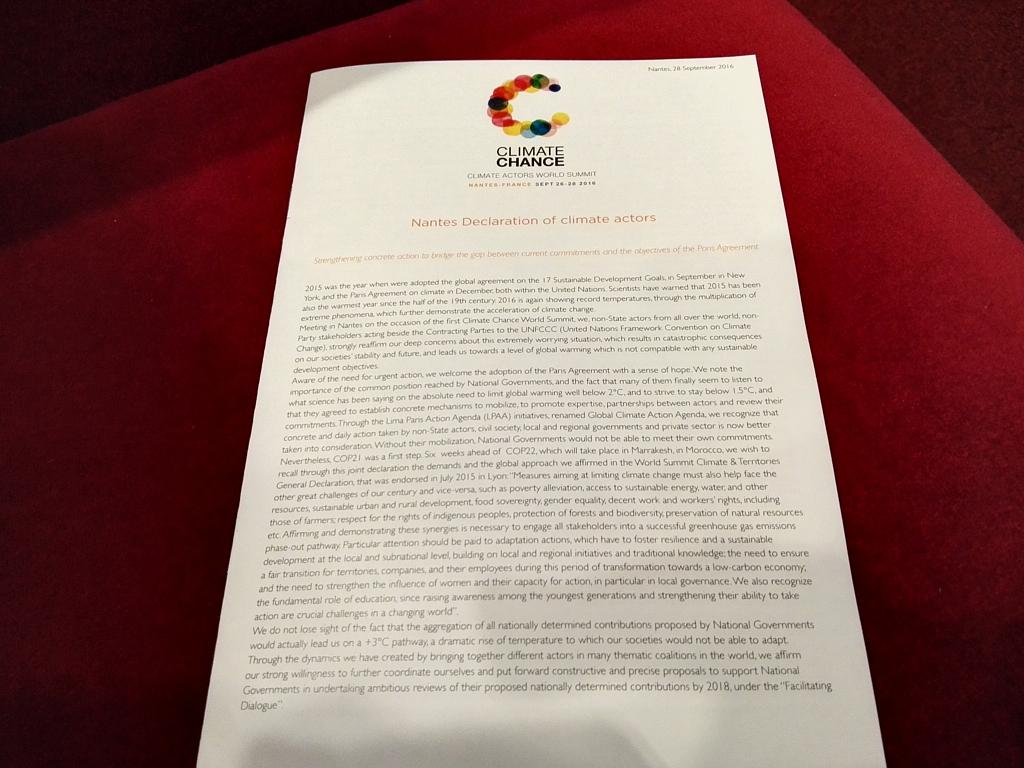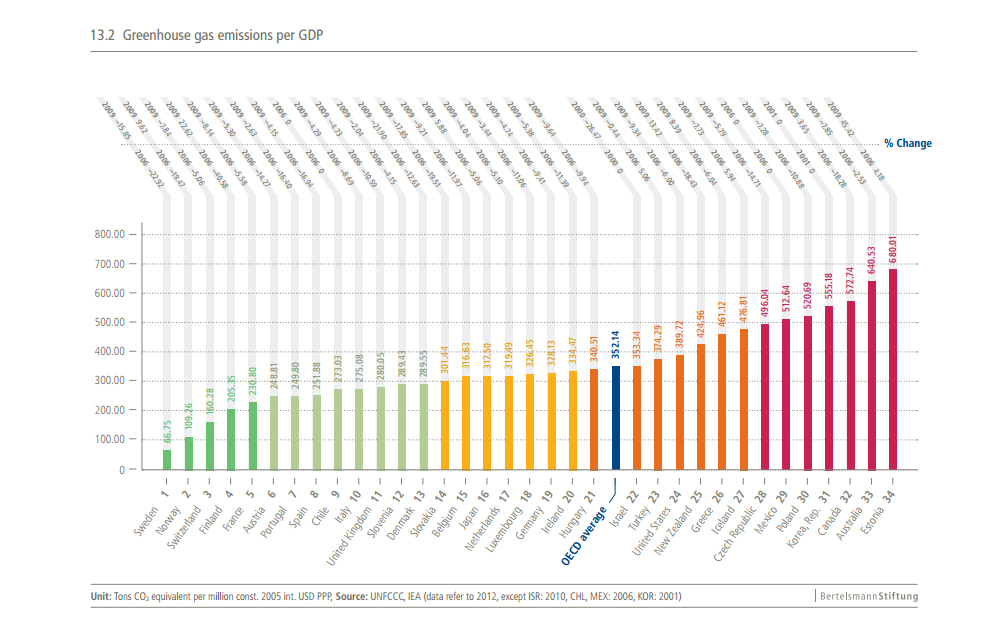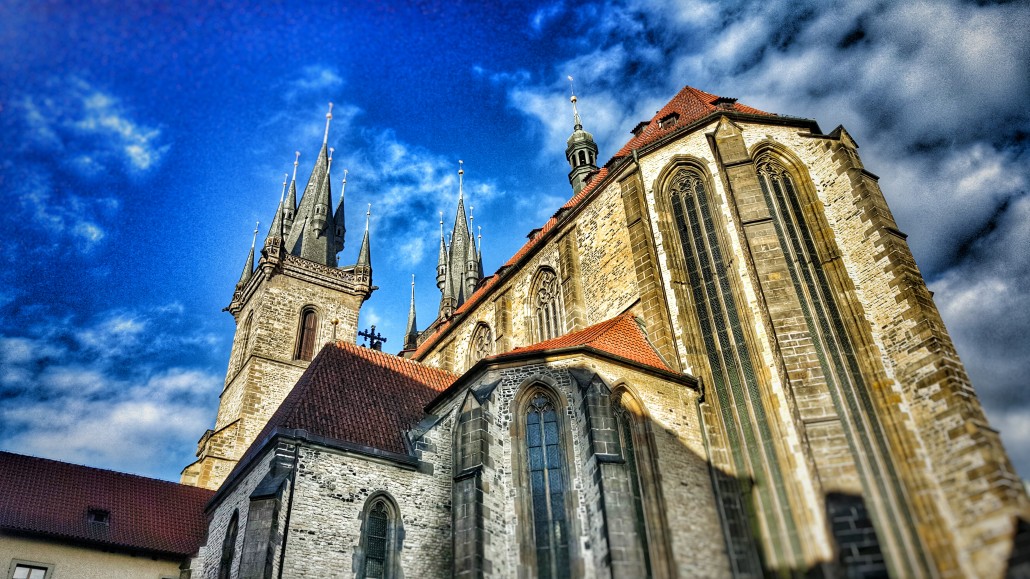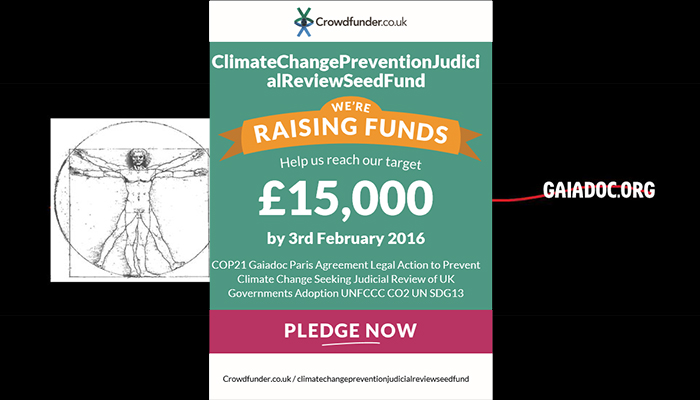“Cities are responsible for 70% of #GHG emissions”~Mr Joan Clos
Relevant stakeholders come together in generous ‘Praha’ to participate in the European Habitat Conference within the framework of the United Nations Economic Commission for Europe (UNECE). It is one of five regional commissions of the United Nations, bringing together 56 member countries from across Europe, the Balkans, North America and a part of Asia “the Global North”. The focus of the conference was to debate urban solutions to the issues of housing estates and the need for municipal integration.
In the process towards a #NewUrbanAgenda, Habitat III Europe Regional Meeting “European Habitat” discussed how to ensure access to decent, adequate, affordable and healthy housing for all, with due attention to reducing the impact of the housing sector on the environment.
It addresses relevant current problems like urban poverty, demographic changes, climatic changes and risk of disasters, urban development and urban sprawl, coordination of urban development, and relevant use of technologies.
The most significant event of global reach to be held this year in Prague has ended with the approval of the Prague Declaration.
Minister Karla Šlechtová~..“We have to turn housing estates into a good place to live: providing adequate quality housing, but also public space for community life, access to services, entertainment, leisure activities and sports. All this will have a direct impact on the safety and other factors affecting the quality of life,”
- Integration of municipalities is the path to prosperity and healthy development of micro-regions
Resource efficiency and promoting sustainable consumption and production patterns are critical elements for cities to manage growth, increase resource productivity, and decouple economic growth from increased resource use and its environmental impact.
- Good urban governance
Promoting national urban policies as appropriate, which are conducive to sustainable urban development and foster territorial cohesion and their translation to localised urban legislation and regulations, respecting, where appropriate, the principle of subsidiarity;
Strengthening the use of spatial planning and design of urban extensions, infill and regeneration ensuring a bottom-up and multilevel governance as well as integrated approaches involving all stakeholders and the inhabitants; Cooperative mechanisms of spatial planning and steering in metropolitan areas beyond administrative boundaries should be strengthened and supported by integrated spatial strategies to ensure a balanced territorial development;
- Relevant use of technology
Progress in technologies and the availability of data are rapidly changing our life and the way we organise it. Urban planners should adopt relevant technological innovations, which allow more effective use of available data. This requires educating and building the capacity of urban managers, decision-makers and inhabitants. Open and disaggregated data is a critical component in transparent and effective governance and also in the provision of efficient environmental and energy services in urban settings. Every effort must be made to keep shared data accessible to the public, while protecting the privacy of individuals. Cities should consider simple, interoperable, and comparable data markers and standards for data collection. Data should also be transparent and openly accessible to be exploited as a tool to increase the ownership and engagement of people. Technological and digital divide in urban planning and management has to be addressed.
Building accountability and regular monitoring of the coherent implementation of the New Urban Agenda, the Sustainable Development Goals with a special focus on goal 11 (Make cities inclusive, safe, resilient and sustainable) and other targets across the Agenda, using the relevant indicators defined. This should include 7 regionally specific agreements and strategies on data collection and analyses. Data should be gathered using common international standards to ensure it is compatible between Member States. It should, as much as possible, be publicly available to support policy-making, research and economic development. Lastly, global and regional data repositories should be further developed to support the policy-making process;
Three vital outcomes from the Prague Declaration are outlined below:
I. Shelter and Protection
Urban growth and development boundaries conclusions and inclusion and resilience in the #NewUrbanAgenda based on three years project with placemaking and climate change coverage. Why? The youth is our future and their need for protective shelter in a changing climate, first and foremost. This requires multidisciplinary climate action across multilevel jurisdictional boundaries…
“We recall the outcomes of “Sendai Framework for Disaster Risk Reduction 2015-2030”, the Addis Ababa Action Agenda, the 2030 Agenda for Sustainable Development” which provides a focus on cities through Goal 11 and other targets across the whole agenda as well as the “Paris Agreement”.”
“We acknowledge also regional specific agreed charters and strategies like, among others, “The Geneva UN Charter on Sustainable Housing” and the “Strategy for Sustainable Housing and Land Management in the ECE region for the period 2014-2020”.
II. Readiness for “shelter” in urban and rural open spaces
To fight climate change and avoid more loss of land The New Urban Agenda need to define and protect our greenbelts in order to keep our cities rural fringe green, compact and resilient. Also to ensure that urban dwellers have access to countryside, with consequent educational and recreational opportunities; and to protect the unique character of rural communities that might otherwise be absorbed by expanding suburbs. Stress that: Sustainable and integrated urban development and its management are crucial to the safety and quality of life of our people.
“Green, compact, resource efficient and resilient cities. Green and better integrated with nature, inclusive, liveable, compact and resilient cities are a priority in policies at all levels of the government and in regional cooperation, especially with regard to members of vulnerable groups, marginalized communities and people with special needs. 2 Increasing resource efficiency on energy, water, waste, land use and food as well as mitigating greenhouse gases emission, improving air quality and taking care of wastewater in cities together with making cities resilient to climate change and other challenges, such as to flood, drought, heat waves, natural and man-made hazards, as well as ensuring transition towards safe and sustainable urban mobility, clean and accessible urban transport for all;”
“Urbanizing deltas in this respect are facing extreme and specific tensions because of the combination of socio-economic and natural/ environmental dynamics. We encourage the use of green and blue infrastructures as well as nature-based solutions, in addition to hard preventive infrastructure and spatial planning, as a tool to prevent disasters, in particular water-related ones, from having a big impact;”
III. Sustainable public spaces that are healthy, safe, resilient, energy-conserving and resource efficient
Public space and the buildings that surround and define it need to be socially, economically and environmentally sustainable. Social sustainability requires security, equity and justice; economic sustainability benefits from affordable capital and operating budgets; environmental sustainability addresses ecological and health issues. These include clean air, water and soil, green micro-climates and the mitigation and adaptation to the Urban Heat Island Effect and Climate Change. Effective use should be made of green technologies and systems. Architecture and urban design that is adaptable and appreciated is cared for and sustained for a longer time.
Promote the knowledge transfer of good practices regarding the quality of green and public spaces, e.g. in devising layouts, ratios, spaces and built-open space and frontage ratios capable of reconciling socio-economic vitality and environmental quality with safety and pleasantness.
“Providing accessible, safe, inclusive and quality public space, and safe transportation to foster urban equity, social cohesion and better quality of life, with particular attention to the needs of men, women, children, elderly persons and persons with disabilities;”
“In order to prevent urban sprawl and strengthen the “multiple use of space” principle through effective land management. We also support climate change adaptation and mitigation measures and cities’ resilience to floods, heat waves and natural and man-made hazards.
(“The Social Cohesion and Equity discussions highlighted several practical approaches that can help make cities become more inclusive. These include better urban planning in the creation of public spaces where residents of the urban community not only feel safe but also protected.”)
The Final “Prague Declaration” from “European Habitat” can be found here;
#RegenerativeCities #Greenbelt #Placemaking #DRR #FutureofPlaces #COP22 #Habitat3 #NewUrbanAgenda #PublicSpace #WUC #TheFutureWeWant #TheCityWeNeed #UrbanSDG #UrbanAction #UrbanThinkers #Youngplacemakers #ClimateAction
Some ideas to take away that Minister Karla Šlechtová collected in the UN European Habitat conference in Prague
- Cities have to be sustainable, without excluded zones; account must be taken of their residents.
- Development requires a clear strategy tied to a defined vision.
- Accessibility in all its aspects: accessibility of housing, public services, travel, and culture.
- Only those with daring visions can turn cities into good places for living.
- Only good housing can make a place good for living; whereas urban housing means not only a “shelter”, but a healthy and safe home.
- “Cities are made of people, not brick walls”~Thucydides
- Liveable and functioning cities without excluded zones. I want no derelict and evacuated city centres.
- In the Czech Republic and many nations, one of the developmental obstacles is frequently fragmented competences. This is an aspect that has to be addressed and changed.
- Urban planning and design must be centred around living in the cities.







